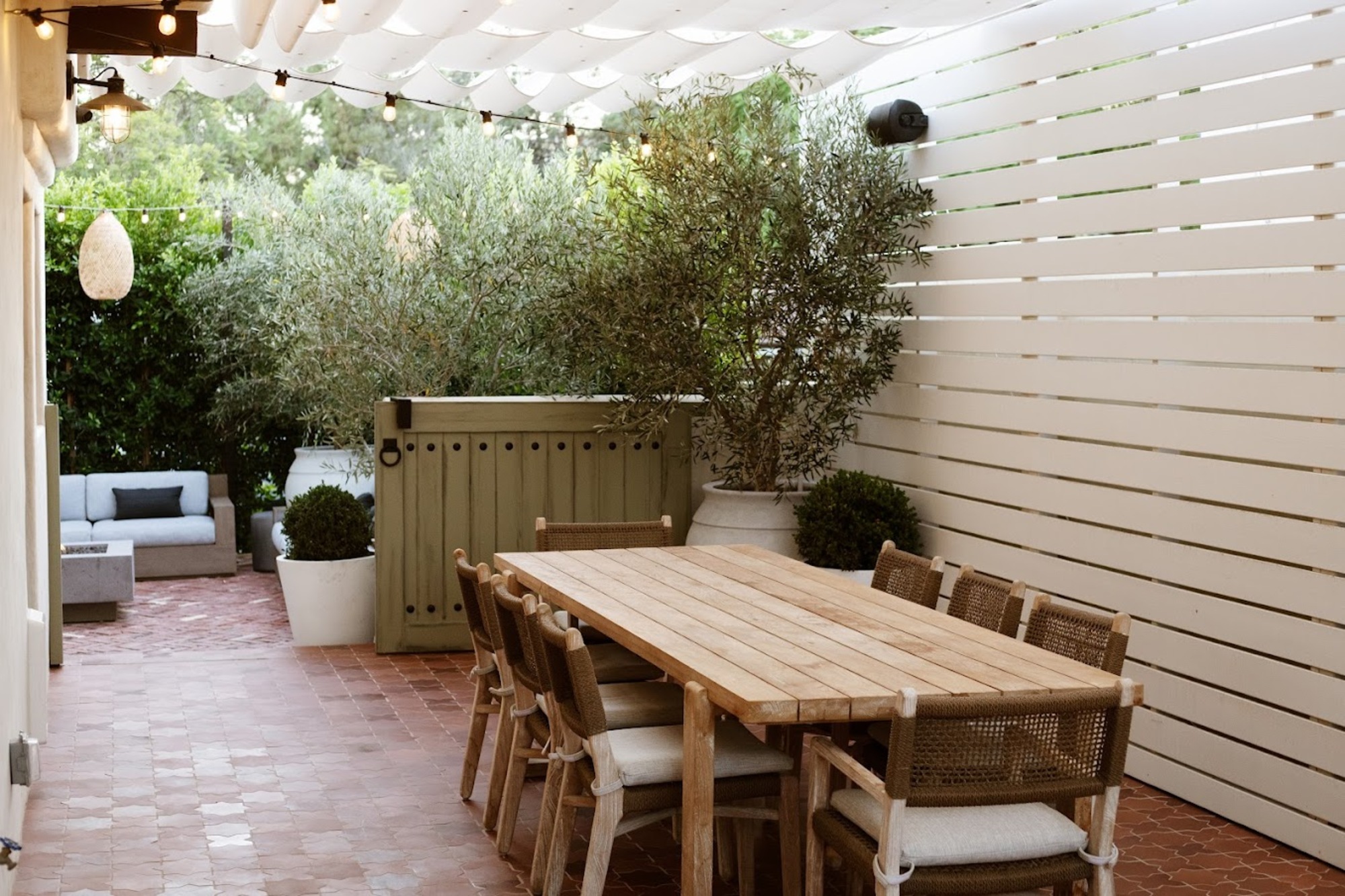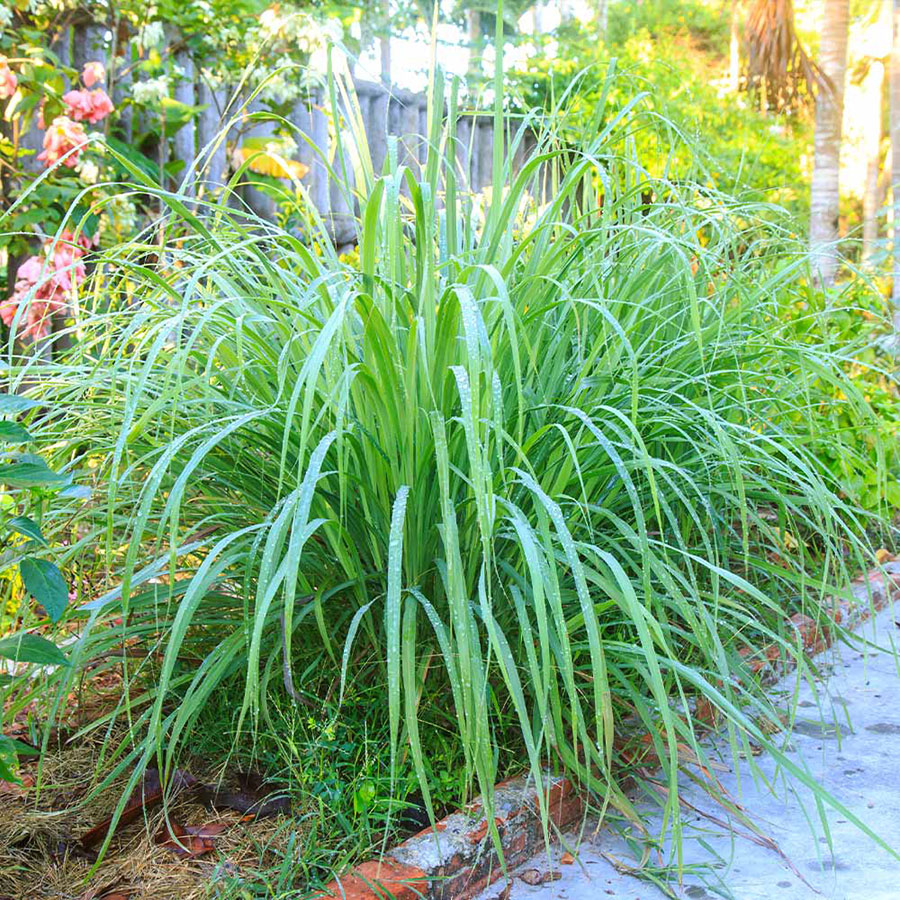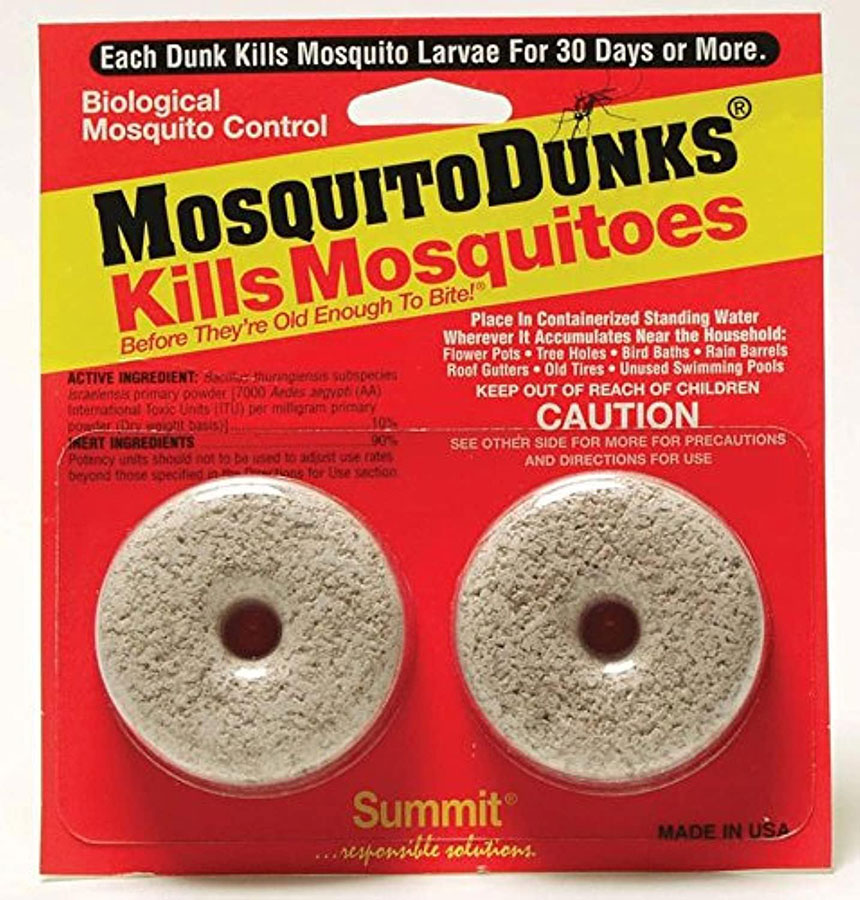This $10 mosquito hack for your backyard is going viral - experts say it might be the answer to a bite-free summer
The solution to keep mosquitos out of your backyard may well be something you can buy for $10 on Amazon


The Livingetc newsletters are your inside source for what’s shaping interiors now - and what’s next. Discover trend forecasts, smart style ideas, and curated shopping inspiration that brings design to life. Subscribe today and stay ahead of the curve.
You are now subscribed
Your newsletter sign-up was successful
There's nothing worse than waking up the morning after an evening under the stars to discover you have been virtually eaten alive by mosquitos. It really puts a dampener on an evening when you're expecting legs covered in itchy swollen bites to surface in the following hours.
There are plenty of ideas out there for warding off mosquitos, but with varying success. But recently this $10 hack has gone viral for promising to turn your backyard into a mosquito-free zone.
“Mosquito dunks” may not be something you've previously heard of, yet now people online are claiming they can dramatically reduce the number of mosquitoes. They might not look like much, but they might be just what you need to say goodbye to toxic-smelling repellent. We think this clever trick is going to revolutionize your summer.
What are the viral Mosquito dunks?
The mosquito dunk appears to just be a dirty bucket of water at first sight, but it is so much more. ‘The viral mosquito dunks are a type of biological mosquito control that use a naturally occurring bacterium or virus to kill mosquito larvae,’ explains pest control expert and co-founder of Pest Control Weekly, A.H David.
‘The dunk is a solid product [like this Summit dunk from Amazon] that you place in water, where it slowly dissolves over time, releasing bacteria or a virus.’ Whilst deadly to mosquitoes the water is completely harmless to other animals including humans, beneficial insects, and pets.
How do Mosquito dunks work?
‘Once placing a mosquito dunk in standing water, they incrementally release a bacteria called Bacillus thuringiensis israelensis (Bti). This toxin specifically targets mosquito larvae,’ explains David Blue, the co-founder, and president, of Mozzie Dome Pest Control. ‘Once the Bti toxin is ingested by the larvae as they feed it disrupts their digestive system, preventing them from developing into adult mosquitoes. This helps to break the mosquito breeding cycle, overall reducing the mosquito population,’ he explains.
Whilst the trick will not repel the mosquitos you already have it will work to prevent any more from breeding. According to our experts, proactive measures are the most effective way of dealing with the issue in the long term. 'Mosquitoes have a short lifespan of about 3 weeks, so by using a mosquito dunk to disrupt their breeding cycle and taking out the larvae, you can really impact their population,' says David.
The Livingetc newsletters are your inside source for what’s shaping interiors now - and what’s next. Discover trend forecasts, smart style ideas, and curated shopping inspiration that brings design to life. Subscribe today and stay ahead of the curve.
How do I use a mosquito dunk?
It’s simple, place a mosquito dunk in any source of water and leave it to do its thing. You could use a purposeful bucket of water, like in the viral Tiktok, or utilize it in an existing area of standing water such as a bird bath or small pond. It is important to note they should not be used in swimming pools.
‘Mosquito dunks are specifically designed for treating standing water sources and are not to be used in areas such as swimming pools where the water is circulated and filtered regularly,’ says David. We suggest using a large bucket in dedicated areas where you spend your time outside, although they are a little unsightly so try to disguise it as part of your modern garden much as possible.
How can I reduce mosquitos in my garden otherwise?
Ultimately the best way to target mosquitos is a multi-layered approach, that’s the biggest piece of advice from our experts. ‘Mosquito dunks are a valuable tool for reducing mosquito populations by targeting and eliminating mosquito larvae,’ says Zahid Adnan from The Plant Bible. ‘While they do not directly repel adult mosquitoes, using mosquito dunks in conjunction with other preventive measures can significantly reduce the number of mosquitoes in your surroundings.’ In order to give you the best chance of a bite-free summer, here are a few more suggestions to pair with the dunk hack.
Firstly, remove standing water as a means of removing breeding opportunities. ‘Mosquitoes lay their eggs in stagnant water, so by regularly eliminating sources of standing water around your property such as bird baths, buckets, or old tires, you can disrupt their breeding cycle and reduce their population,’ says entomology expert David.

Flowers and foliage that insects don't like, such as wasp-repellent plants, can be a useful addition to your garden in the summertime, too. ‘Certain plants like citronella, lavender, marigolds, and lemongrass are known to repel mosquitoes,’ David says. ‘Planting these around your outdoor living areas can help deter mosquitoes.’
Lastly, create physical barriers between you and mosquitos. Installing screens on windows and doors can prevent anything from entering your home and you'll help avoid a high-pitched buzz of a mosquito near your ear as you attempt to sleep.

Formerly a news writer for Livingetc, Amy completed an MA in Magazine Journalism at City, University of London, and has experience writing for Women’s lifestyle publications across arts, culture, and beauty. She has a particular love for the minimalist aesthetic mixed with mid-century furniture, especially combining unique vintage finds with more modern pieces. Her previous work in luxury jewellery has given her a keen eye for beautiful things and clever design, that plays into her love of interiors. As a result, Amy will often be heard justifying homeware purchases as 'an investment', wise words to live by.
